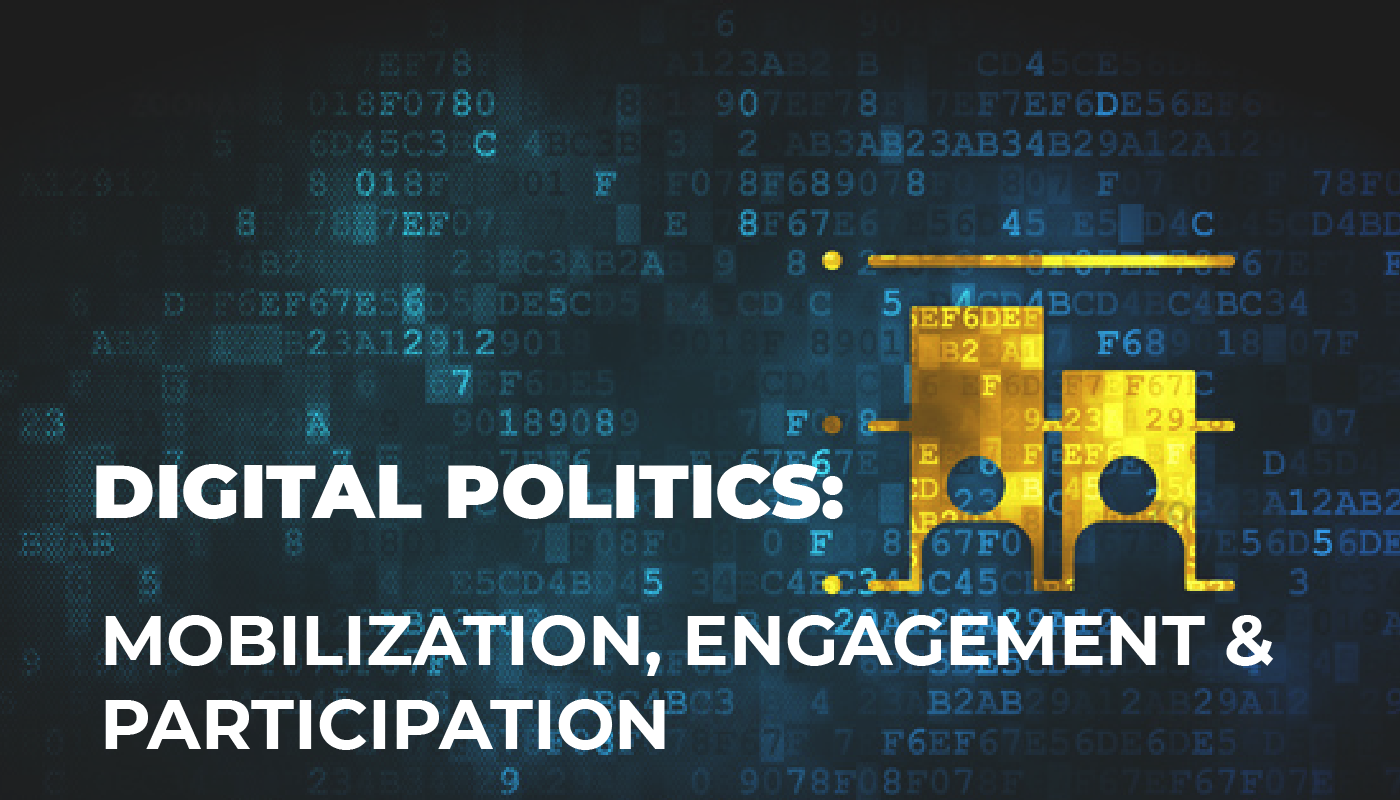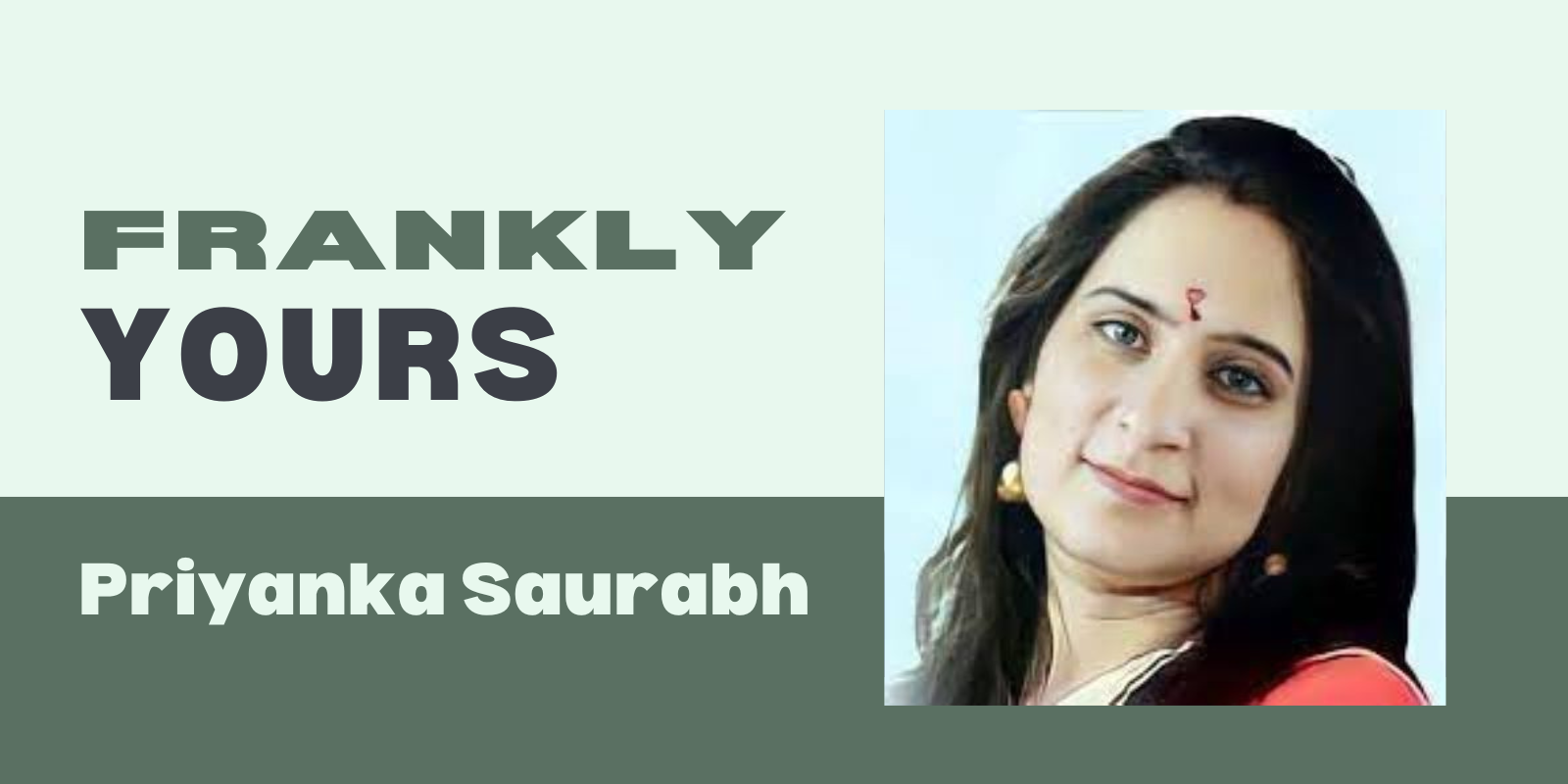Modern digital platforms often favor parties with big budgets by giving their ads more visibility, tilting the campaign in favor of richer political entities, thereby reducing electoral fairness. Social media platforms can amplify divisive content, which can polarise political views and promote a more fragmented and hostile electoral environment, which can minimize constructive debate. To maintain electoral equality, limits should be placed on how much political parties spend on digital ads, preventing richer parties from dominating the digital space.
According to data from the Google Ads Transparency Centre, during the 2024 Lok Sabha elections, political parties and their affiliates spent around ₹117 crore on Google ads between January 1 and April 10. This increase in digital campaign spending highlights the growing influence of online platforms in elections while raising concerns about content regulation and fairness among political parties. Digital campaigning has become a powerful tool in modern elections, with a massive reach to voters. Digital platforms offer an unprecedented ability to reach millions of voters, including those in rural and remote areas, ensuring that no demographic is left out. The widespread use of WhatsApp during the 2019 elections helped political parties connect with rural voters across India, significantly influencing election results. Digital campaigns are far more cost-effective than traditional media, allowing even smaller parties with limited budgets to compete and reach voters effectively.
Emerging regional political parties such as the AAP’s digital-driven strategy in the 2015 Delhi elections have proven successful despite minimal expenditure compared to larger parties. Data analytics enables parties to create tailored messages for specific voter segments, improving the chances of reaching the right audience with messages that match their values and concerns. Cambridge Analytica’s micro-targeting strategies during global elections, including Brexit, have shown how targeted digital messages can influence voter behavior. Social media enables real-time interaction with voters, allowing political leaders to rapidly address concerns, shape public opinion, and adjust campaign strategies based on immediate feedback. The Prime Minister’s active Twitter presence has allowed him to maintain a direct and continuous dialogue with voters throughout his political career.
Digital platforms, especially social media, resonate with young voters, who are likelier to consume political content online, ensuring effective engagement with a significant voter base. Political parties’ Instagram strategy in the 2024 elections was specifically designed to capture the attention of young voters. Digital campaigns, when used responsibly, can provide greater transparency by informing voters directly about policies, helping them make informed choices, and increasing overall electoral participation. The US President’s digital town hall during the 2020 US election allowed voters to interact directly with him despite pandemic restrictions.

Modern digital platforms often favor big-budget parties by giving their ads greater visibility, tilting campaigns in favor of wealthy political entities, thereby reducing electoral fairness. Google ads were found to favor high-budget parties during global elections, giving them an advantage in voter outreach. Social media platforms can amplify divisive content, which can polarise political views and lead to a more fragmented and hostile electoral environment, which can undermine constructive debate. Social media platforms can amplify divisive content, which can increase political polarisation and lead to a more fragmented, hostile electoral environment, which can undermine constructive debate. National parties’ massive spending on Facebook ads in 2019 far exceeded the budgets of smaller regional parties. The use of dark ads and highly targeted political messages makes it difficult for regulators and the public to track what information is being disseminated to specific voter groups, thereby reducing transparency.
Digital platforms often fail to implement adequate fact-checking measures, allowing false claims to persist and potentially misleading voters with inaccurate or deliberately manipulated information. WhatsApp was criticized for not adequately addressing fake news during India’s 2019 elections, which affected voter perception. The exploitation of voter data through breaches could allow political campaigns to manipulate voters by sending targeted messages based on personal information, thereby compromising voter autonomy. The Cambridge Analytica scandal exposed how voter data was unethically used to influence election results around the world, including in India. Governments and election bodies should impose strict regulations to hold digital platforms accountable for misinformation and enforce penalties for the dissemination of false content. Political parties should be required to fully disclose their digital ad expenditure to ensure transparency and prevent unfair advantages gained through irregular spending on online platforms.
Mandating detailed reporting on digital ad spending can ensure a level playing field during elections. Digital platforms should collaborate with independent fact-checkers to monitor and remove misinformation, ensuring that only accurate political messages reach voters. Facebook’s existing partnerships with third-party fact-checkers could be expanded to ensure comprehensive coverage of political content. To maintain electoral equality, limits should be placed on the amount political parties can spend on digital ads, preventing wealthy parties from dominating the digital space. Algorithms on digital platforms should be designed to ensure that political ads from all parties receive equal exposure, regardless of the party’s financial resources. To promote democratic fairness, platforms like Google should ensure that ads from smaller parties receive the same visibility as those from larger parties. A centralized database containing all political ads running on digital platforms should be accessible to the public, ensuring transparency in messaging and preventing covert campaigns.
Google’s Ad Transparency Center is a good start, but it needs more comprehensive data on all political ads. Governments and digital platforms should work together to strengthen oversight with collaborative frameworks designed to prevent the spread of harmful political content and ensure accountability. Digital campaigns, while transformative, require strong oversight to ensure fairness and transparency. As Abraham Lincoln emphasized, “Democracy must be of the people, by the people, for the people.” Ensuring equal access and content regulation in digital campaigns will strengthen democratic values and preserve the integrity of electoral processes in the digital age.





